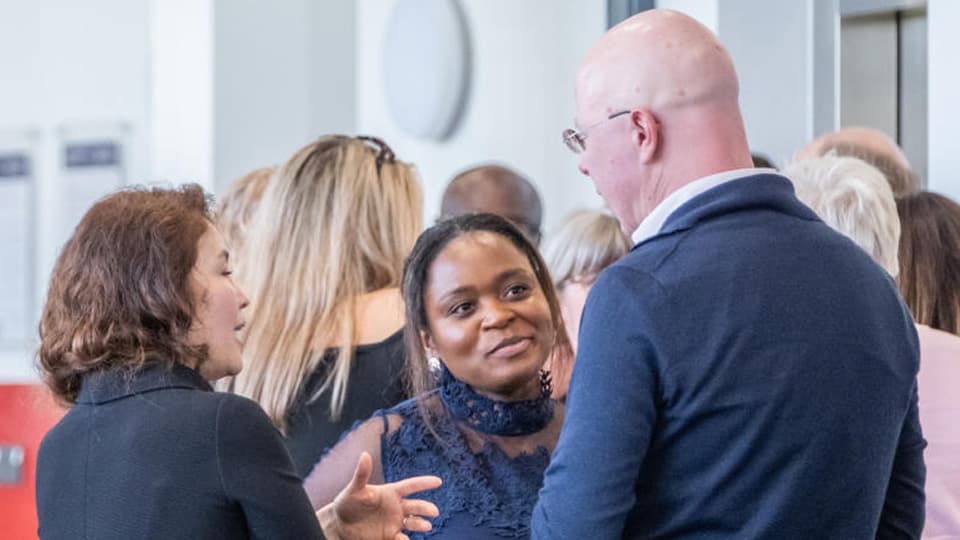Green and just transitions
As we confront the twin challenges of climate change and social inequality, we are exploring pathways for people, organisations and societies to become more sustainable and equitable.
As part of our drive for meaningful, purpose-led impact, our research is addressing the critical issues of sustainability and social and economic inequality. Our research focuses on how economies, organisations and individuals can successfully navigate the shift to low-carbon, circular and equitable systems of operating.
This theme analyses the economic, policy and behavioural dimensions of this transformation, covering topics such as environmental finance, energy justice, participatory policymaking and the role of businesses and governments in achieving net zero.
The work also examines how the consequences of environmental change are distributed in a global context, asking how the costs and benefits of the transition can be shared fairly across communities and regions.
Our researchers engage with the complexities of organisational accountability and sustainability reporting, exploring how governance, finance and regulation can encourage genuine progress rather than symbolic compliance.
This theme connects economics, accounting, management, engineering and the social sciences. We are working with industry, government and community partners to design inclusive policies, empower greener business models and support a fair transition for everyone.
Research questions examined within this theme include:
- How can environmental and social policies be designed to support both equity and economic renewal?
- What roles do communities, firms and governments play in building fairer and more sustainable transitions?
- How can circular economy principles be embedded in business practice and public services?
- What factors influence people’s everyday choices about energy use, consumption and sustainability?
